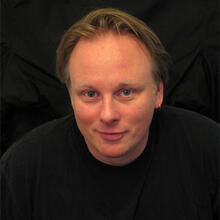Some very interesting comments from readers on my recent column "Post-Clerical Catholics" ... many thanks to all those who have taken the time to share their thoughts. Along those same lines, Pope Francis kept up his own running commentary on the issue of clericalism when he spoke to 120 superiors of religious orders during a closed-door meeting on Nov. 29. The Jesuit journal La Civilta Cattolica published a report of the three-hour, informal question and answer session on the Friday after Christmas.
The pope cautioned that seminary formation must be “a work of art, not a police action” where seminarians “grit their teeth, try not to make mistakes, follow the rules smiling a lot, just waiting for the day when they are told ‘Good, you have finished formation.”
For Pope Francis, “this is hypocrisy that is the result of clericalism, which is one of the worst evils.” He was even more emphatic when he noted that priestly formation "must form their hearts. Otherwise we are creating little monsters. And then these little monsters mold the people of God. This really gives me goose bumps.”









Wow, Anne, that's an incredibly thorough response! I almost wish you shared it on the Post Clerical Catholics page so the folks there could weigh in. As for me, I want to digest it a bit before I respond. Just wanted to thank you for your thoughtful comment.
Thanks Anne. That would be great. B